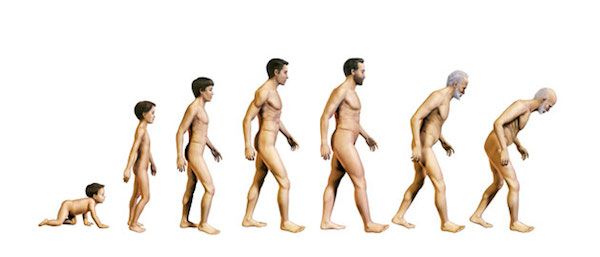
Scientists have identified a ‘DNA clock’ that might help them to predict a persons mortality. Changes to a persons DNA that occur over a lifetime give insight into the likelihood of an early death.
Over 5000 people were studied by the University of Edinburgh. The study looked at progressive chemical changes in a persons DNA that change throughout the person’s lifetime. They were able to predict a “biological clock age” indicated by the state of their genes, and compare it to their actual age. Were they younger or older than they should be biologically?
Smithsonianmag.com reports:

BYPASS THE CENSORS
Sign up to get unfiltered news delivered straight to your inbox.
You can unsubscribe any time. By subscribing you agree to our Terms of Use
The studies from which this data was drawn followed their subjects for up to 14 years, and when the researchers looked at both biological age and longevity, they found a telling correlation. “People whose biological age was greater than their true age were more likely to die sooner than those whose biological and actual ages were the same,” says the University of Edinburgh.
Even when elements like certain chronic illnesses and tobacco consumption and were factored in, the link between a faster “DNA clock” and an earlier death remained.
Participants’ biological age was determined by studying DNA methylation, a chemical modification that plays an important role in growth and development and can affect the functioning of certain genes, according to Genetic Engineering & Biotechnology News. The data was gathered from four independent studies in which “[e]ach person’s biological age was measured from a blood sample at the outset, and participants were followed up throughout the study,” Science Direct writes.
While the study shows that scientists may soon be able to better predict whether we are more likely to die early, we’re still a ways off from using biological age to determine the exact time or cause of death. We also still don’t know exactly what factors cause our biological clock to age or if lifestyle or genetic changes may be able to influence the process. Yet one of the study’s lead authors, Dr. Roccardo Marioni says that follow-up projects are planned to further investigate such questions.
“This new research increases our understanding of longevity and healthy aging,” said the study’s principal investigator, Professor Ian Deary. “It is exciting as it has identified a novel indicator of aging, which improves the prediction of lifespan over and above the contribution of factors such as smoking, diabetes, and cardiovascular disease.”

your DNA can also predict theirs